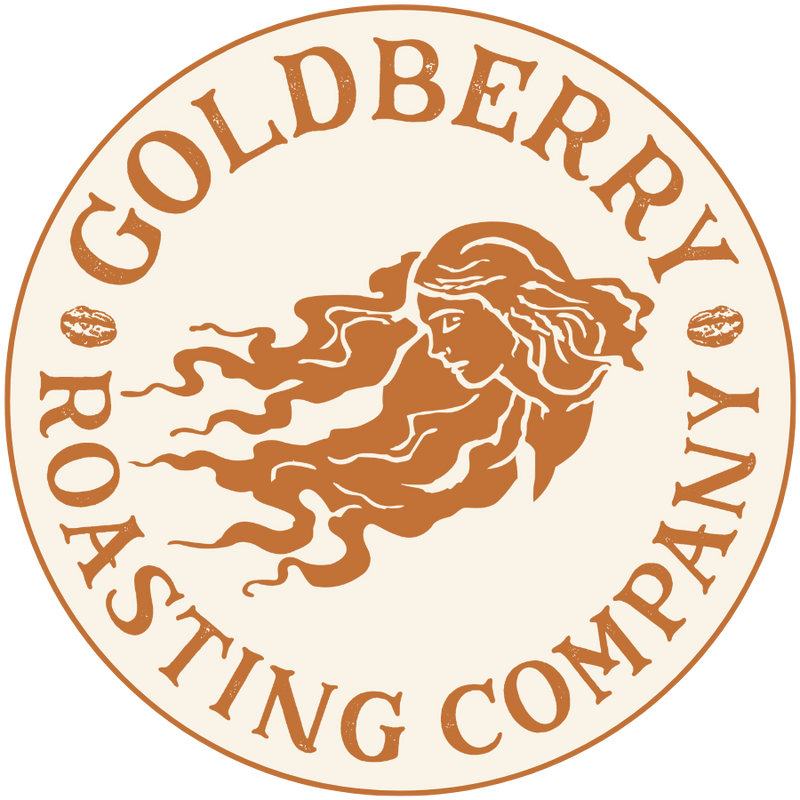Limited Release - Nicaragua La Bastilla Geisha
-
Product Info
-
Finca La Bastilla
Finca La Bastilla produces up to 150 micro-lots per year. The estate is made up of multiple micro-farms, each with their own microclimates. Additionally, the estate is the only specialty Arabica estate in Nicaragua to fully integrate all processes, from cherry to export, right on-site at the farm level. Delicate varieties like geisha are grown at higher elevations to take advantage of the colder temperatures.
The estate pays close attention to quality control and proactive agronomy practices, but also to the welfare of its permanent and seasonal workers. It’s important for Finca La Bastilla to maintain long term relationships with harvest laborers, and facilities like daycare and family dormitories go a long way to improving their quality of life.
What is Geisha coffee?
Geisha coffee beans are a variety under the Arabica species of coffee. It’s also one of the most expensive varieties of coffee in the world, valued for its distinct floral and tea-like flavor character. Geisha trees have low yields and can be difficult to cultivate which adds to their scarcity on the market.
Gesha coffee, as it was originally known, was collected from the Gesha region in Ethiopia and brought to Central America in 1953 when it was mislabeled, “Geisha”. Ever since its success at the “Best of Panama” auction, Geisha has been gaining in popularity and farmers are eager to cash in. Today, Gesha or Geisha coffee beans are cultivated at origins around the world, including Nicaragua.
Anaerobic Yeast Process Green Coffee
La Bastilla started experimenting with anaerobic coffee three years ago after purchasing four stainless steel tanks equipped with temperature control and valves to pull out mucilage samples. As microorganisms metabolize the sugars in the coffee cherries, oxygen is depleted from the tanks, and they enter an anaerobic state. The microorganisms produce distinct acids, like lactic acid, that influence the flavor profile of the coffee. This meticulous process requires monitoring the temperature and pH level of the tank. Mucilage samples are taken throughout the process and checked for quality and consistency.
In this micro-lot, specially formulated yeasts from Scott Labs were injected into the tanks to stimulate the anaerobic process. The addition of the yeast pushes the limits of the cup profile. Done correctly, yeast anaerobics develop complex fruit flavors that can be simply delectable.
-


